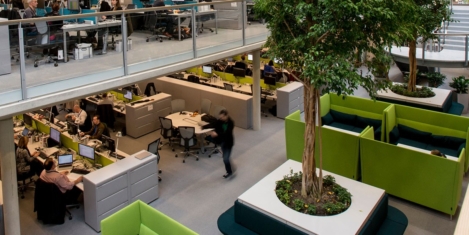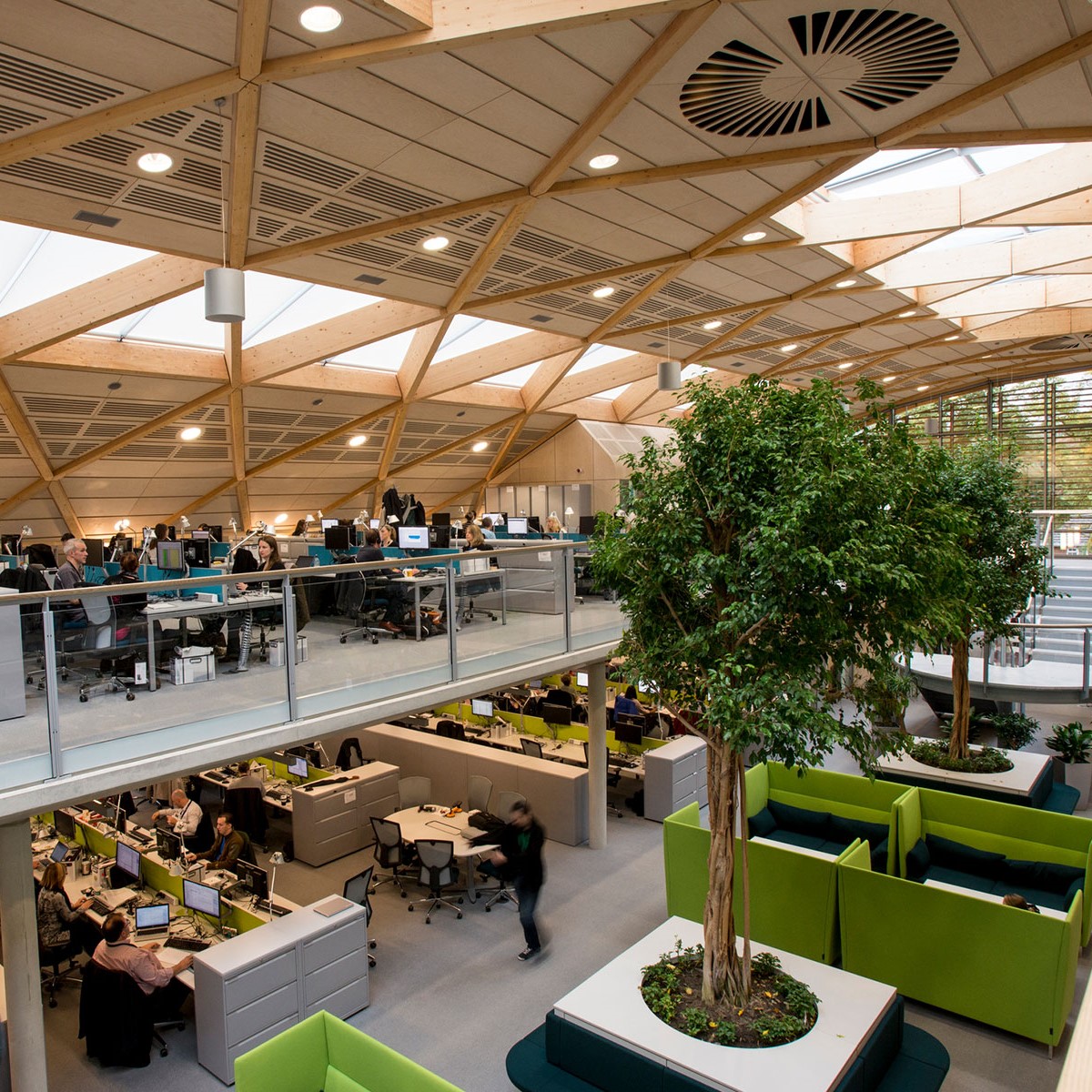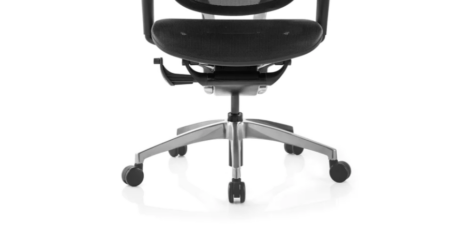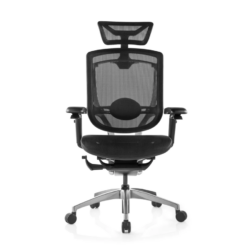March 7, 2024
Three-quarters of women experience health problems at work, but line managers aren’t trained to support them
 The majority of women in the workplace have experienced health problems at work (74 percent) yet there is a lack of support available to help them, according to new data from Simplyhealth. In the new research, women reported generally higher rates of being affected by health issues than men in the workplace, with around four-in-ten (37 percent) reporting experiencing anxiety last year compared to just 26 percent of men. Women were also twice as likely to report having migraines (20 percent, compared to just 10 percent of men) and more women reported experiencing back pain (29 percent vs 25 percent) and muscle pain (18 percent vs 14 percent) than men.? (more…)
The majority of women in the workplace have experienced health problems at work (74 percent) yet there is a lack of support available to help them, according to new data from Simplyhealth. In the new research, women reported generally higher rates of being affected by health issues than men in the workplace, with around four-in-ten (37 percent) reporting experiencing anxiety last year compared to just 26 percent of men. Women were also twice as likely to report having migraines (20 percent, compared to just 10 percent of men) and more women reported experiencing back pain (29 percent vs 25 percent) and muscle pain (18 percent vs 14 percent) than men.? (more…)




































February 28, 2024
The hybrid working office: ushering in a new era for the workspace
by Jeni Taylor • Comment, Flexible working, Workplace design